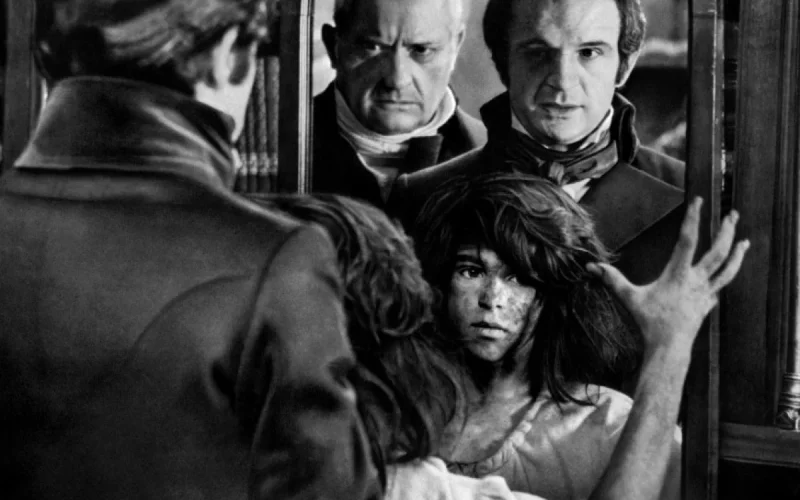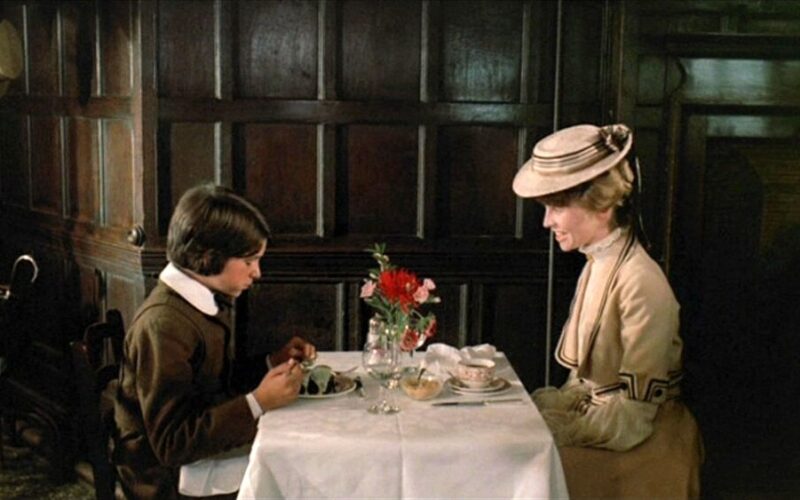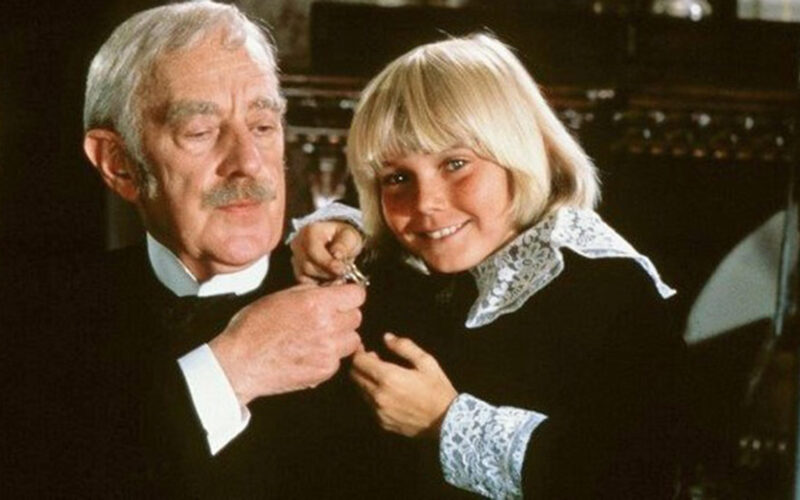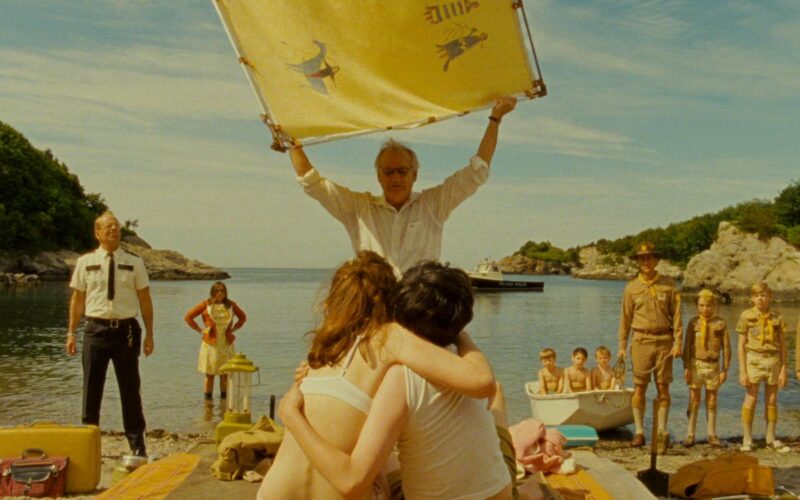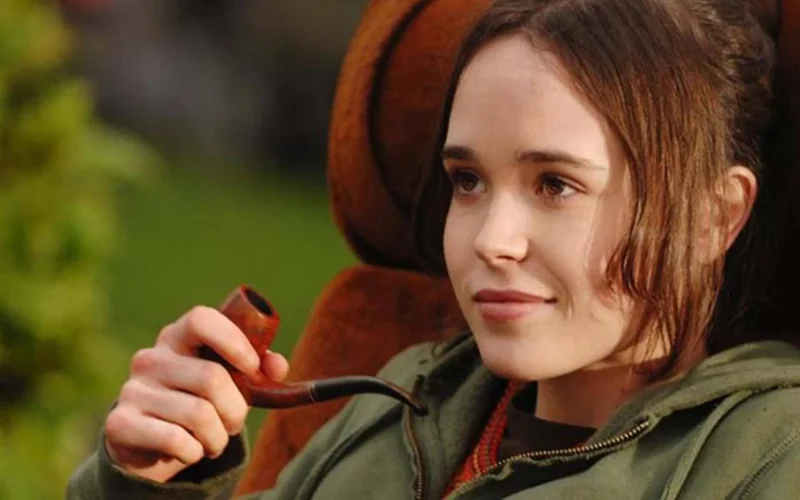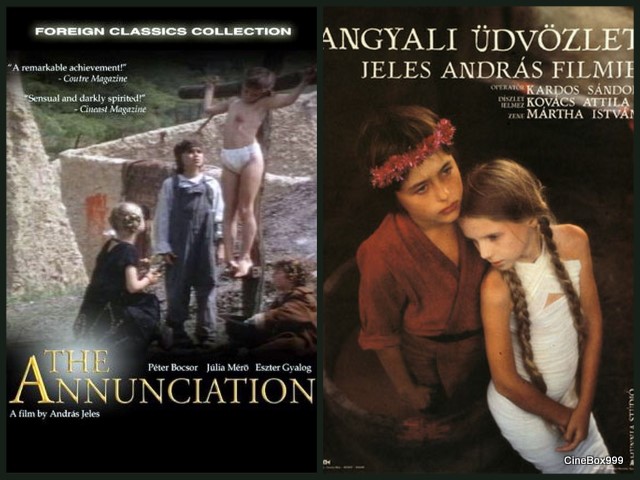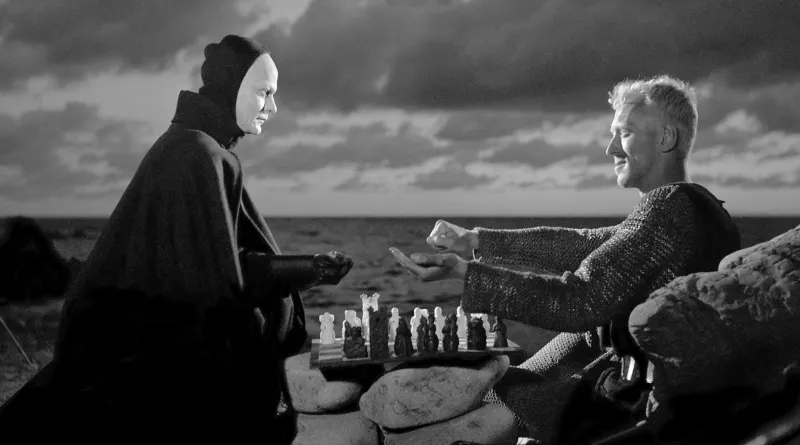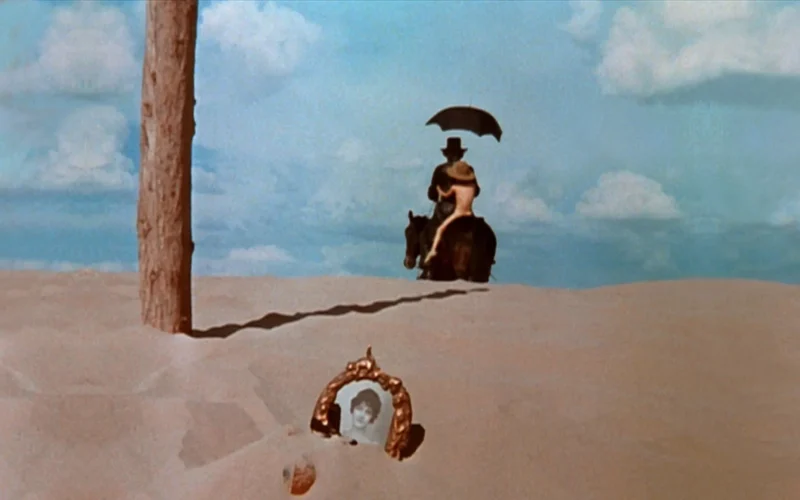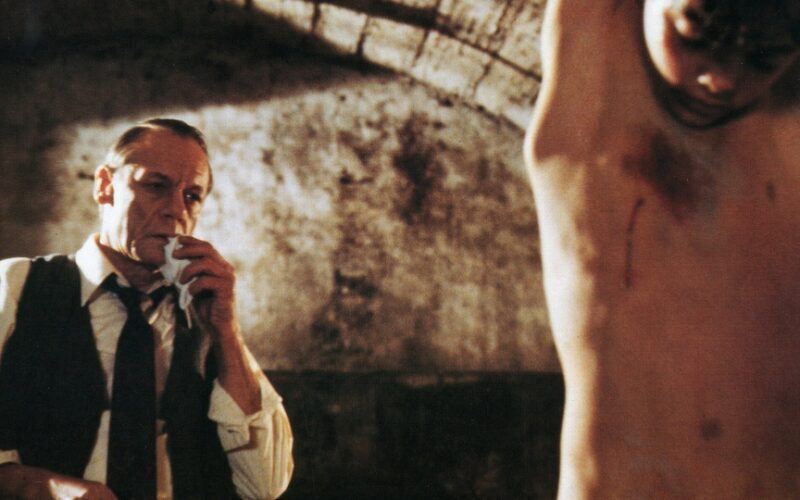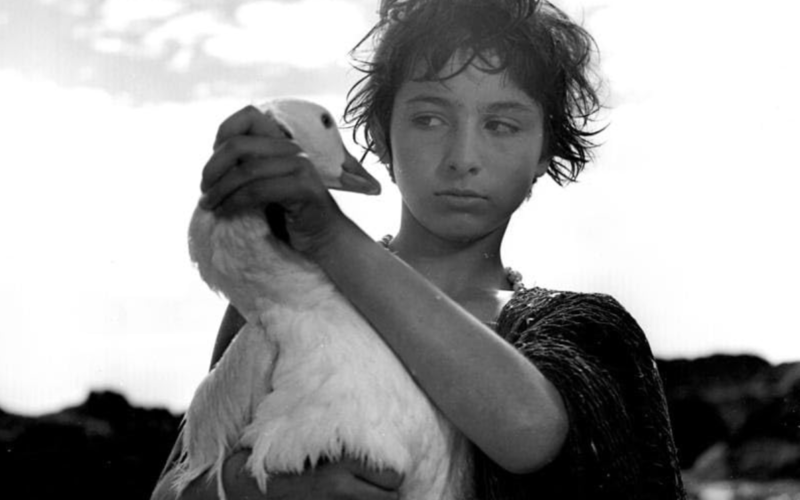
Daphnis and Chloe: A Timeless Exploration of Human Experience
Literary Origin - The Work of Longus Sophist: Delving into "Daphnis and Chloe", also known as "Young Aphrodites", we immerse ourselves in the profound waters of the literary origin of the film, drawing from the narrative source of the ancient Longus Sophist. His text, a precious gem in Greek literature, transports us to a world of paradisiacal nature, innocent love, and bucolic adventures, elements that intertwine the emotional and visual fabric of the film.Longus' novel, written between the 2nd and 3rd centuries AD, unfolds on an imaginary Greek island, narrating the pure and naive love story between Daphnis and Chloe.…

